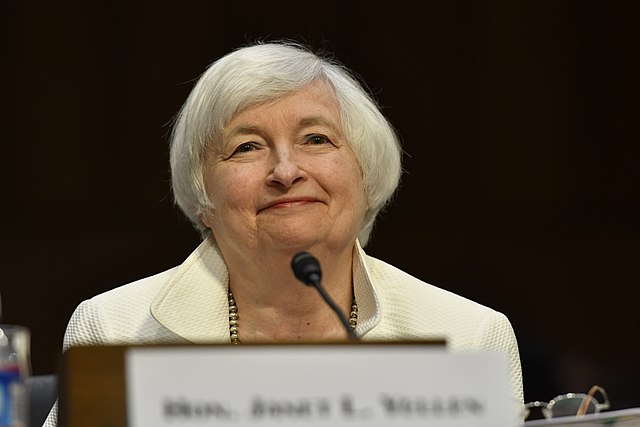Janet Yellen Calls For $78 Trillion To Combat Climate Change

U.S. Treasury Secretary Janet Yellen has announced an ambitious plan to tackle climate change, estimating that a global transition to a low-carbon economy will require $78 trillion in financing by 2050. Yellen made this statement during a speech in Belem, Brazil, on Saturday, highlighting the Biden administration’s commitment to achieving net-zero global carbon emissions.
Yellen emphasized the need for $3 trillion annually in global financing to reach this goal. “The transition will require no less than $3 trillion in new capital from many sources each year between now and 2050,” Yellen said. She also mentioned that these funds would support sustainable and inclusive growth, particularly in developing countries.
To aid this transition, Yellen pledged to finance green initiatives in developing nations through multilateral development banks and the development of clean energy technologies. In 2022, global economies provided a record $116 billion for climate initiatives in these countries, which Yellen described as “the single-greatest economic opportunity of the 21st century.”
Yellen stressed the economic importance of addressing climate change, stating, “Neglecting to address climate change and the loss of nature and biodiversity is not just bad environmental policy. It is bad economic policy.”
The Biden administration has taken significant steps towards these green initiatives. Yellen highlighted the Inflation Reduction Act, calling it “the most significant climate legislation in our nation’s history.” This act allocated $370 billion to subsidize climate initiatives, including electric vehicles and other technologies critical to President Joe Biden’s green agenda.
Yellen’s speech also emphasized the importance of international cooperation. “Our ambitions at home are matched by our ambitions abroad,” she said. “We know that we can only achieve our climate and economic goals — from reducing global emissions to adapting and building resilience, from strengthening markets to bolstering supply chains — if we also lead efforts far beyond our borders.”
























